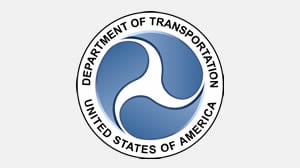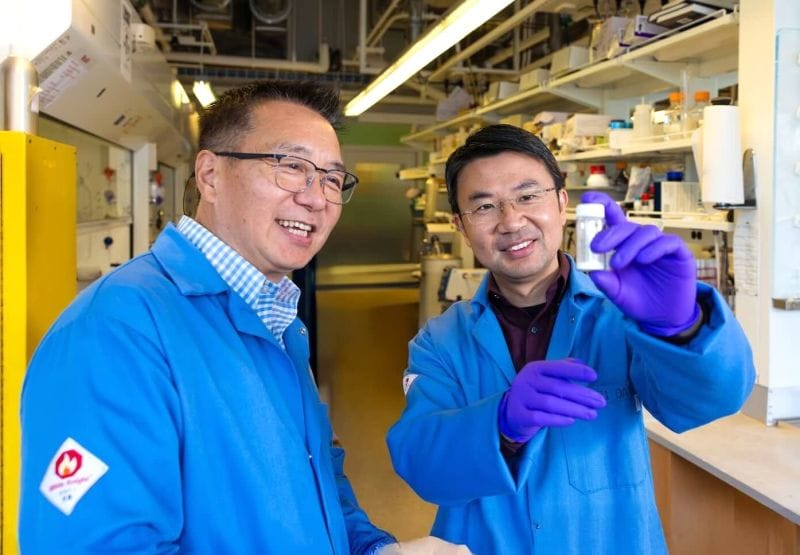RSS Feed Source: Science Daily
Chemists funded by the U.S. National Science Foundation have developed a new process to synthesize a plant-based compound that shows effectiveness against triple-negative breast cancer cells. According to the American Cancer Society, triple-negative breast cancer is one of the most aggressive types of breast cancer and accounts for 10-15% of all breast cancer cases. The process also increases the compound’s potency against these cancer cells and provides a method for it to be mass-produced to enable further testing as a potential treatment.
The new process can also be used broadly to help discover new medicines by synthesizing and testing other complex organic compounds. The findings were achieved by Emory University researchers and published in The Journal of the American Chemical Society.
The compound — called phaeocaulisin A — is extracted from the flowering plant Curcuma phaeocaulis, a relative of ginger and turmeric used for centuries in traditional medicine.
“We not only efficiently replicated a complex natural product, we also improved upon it by turning it into a more potent compound,” says Mingji Dai, professor of chemistry and co-lead of the study.
“It is only the first step in a long process,” says Yong Wan, professor of pharmacology and chemical biology and study co-lead. “But the new analogue of phaeocaulisin A we have reported shows promising efficacy against triple-negative breast cancer cells, which are very aggressive and
Click this link to continue reading the article on the source website.


